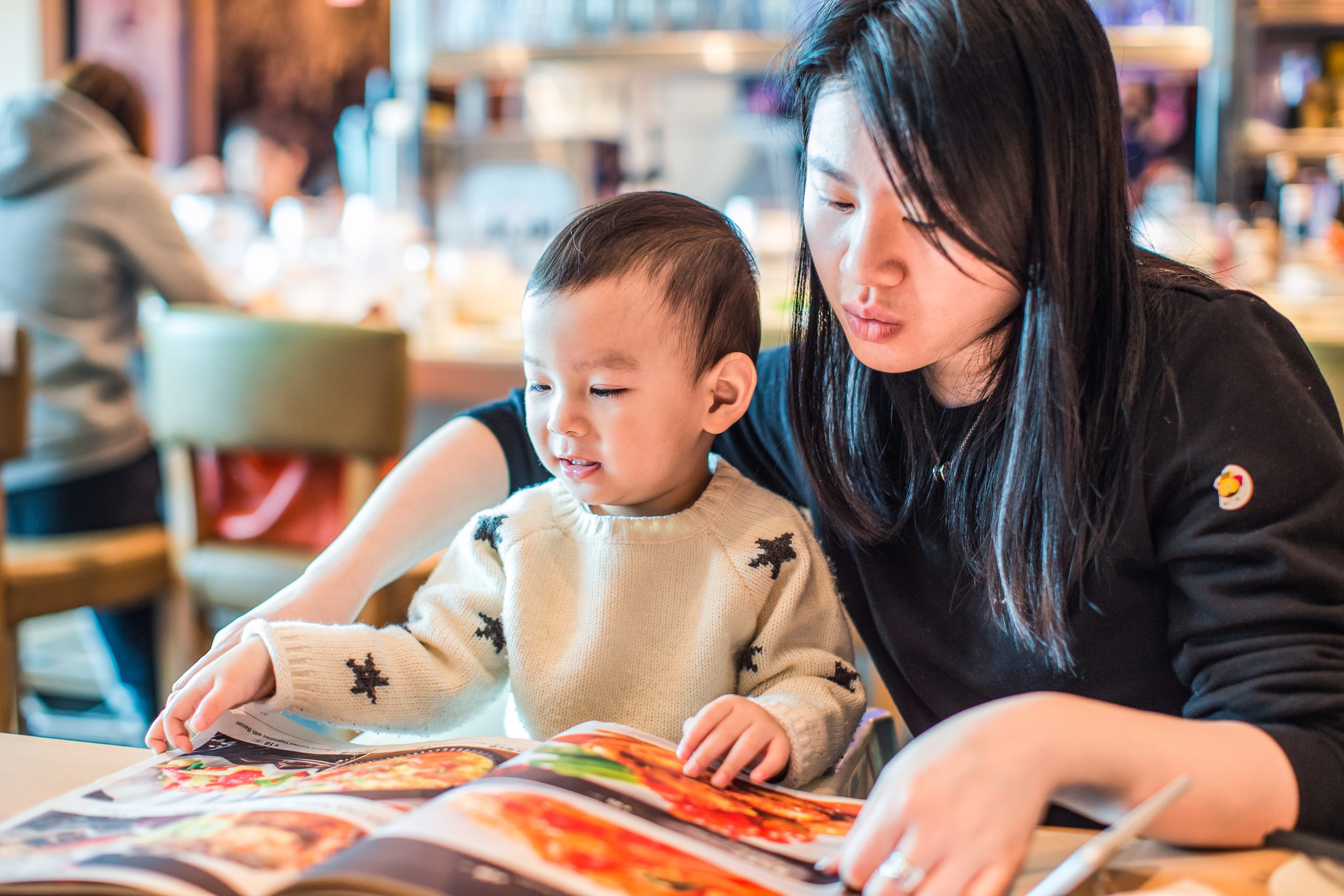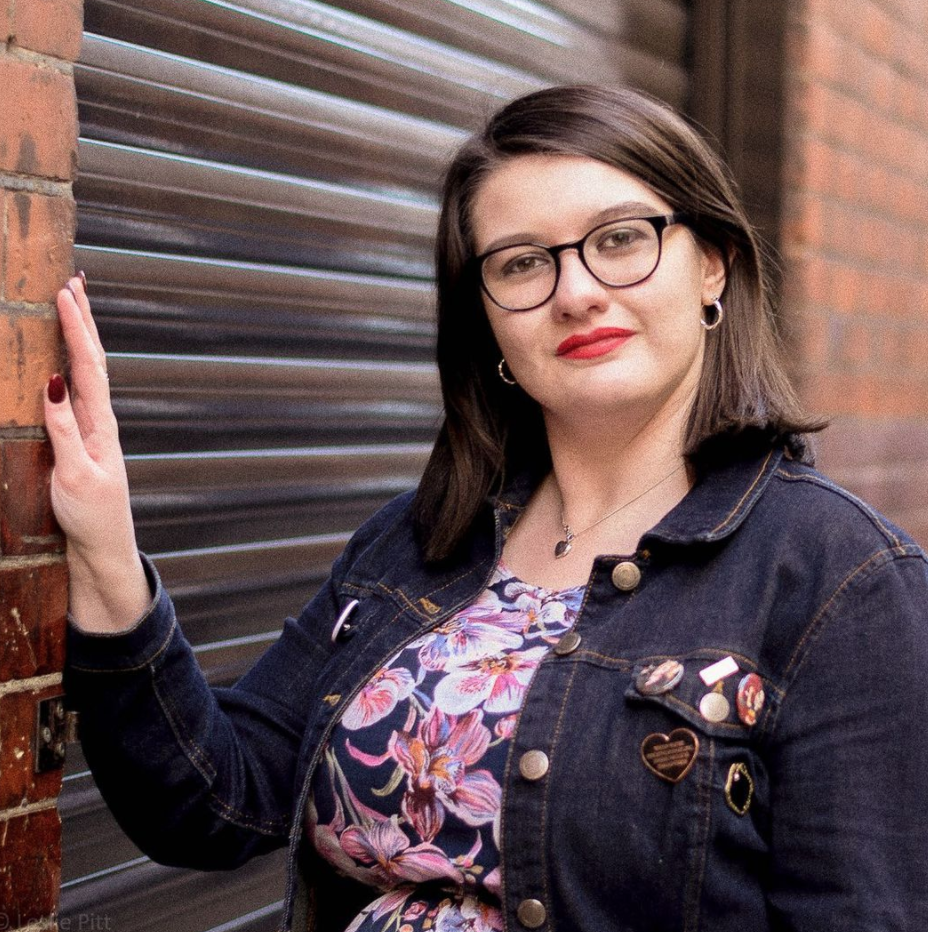Does the rule of 6 include children and babies? What are the exceptions?


Does the 'rule of 6' include children? As pubs, restaurants and cafes are open again for indoor seating from May 17, it's the question people keep asking.
Now the next stage of the lockdown roadmap has unfolded, groups of six people or two households can meet up indoors in a private or public space. It's allowed families and friends to reunite over lunch in the pub garden and stay overnight at each other's homes. But with every change in the lockdown rules, it's also posed more questions about what exactly is - and isn't - allowed.
So whether you're looking to book a table at a restaurant or just make sure that you're sticking to the rules, this is what you need to know about the rule of six as lockdown lifts.
Does the rule of 6 include children?
Children of all ages count towards the limit of 6, according to the latest guidance from the British government.
Minister Michael Gove confirmed this when the first set of lockdown restrictions eased back in March. He said that England's decision to include children in the rule of 6 was "absolutely right" as it enabled people to meet "in a way that is socially responsible".
However, a group of any size from two households can meet up indoors from May 17. Each household can also include a support bubble in this case, if they are eligible to create one. The broadening of the rules is a new change in the rule of 6 definition and it means that two larger families can now meet. Although the guidance on hugging has changed, the government have warned people to keep their distance where possible.
If all steps of the roadmap continue to go to plan, we could see no legal limits on social contact from June 21. This would mean that the rule of six would no longer be necessary.
GoodtoKnow Newsletter
Parenting advice, hot topics, best buys and family finance tips delivered straight to your inbox.
In Wales and Scotland, the rules are slightly different. While both countries do have the rule of six, children in Scotland don't count towards the limit if they are under 12 years old. In Wales, children don't count towards the rule of six if they are under 11 years old.
Do babies count in the rule of 6?
Babies count towards the rule of 6 in England - but not in Wales or Scotland.
Any child of any age must be included in the group of six in England, whether you're having a private gathering in the back garden or booking a table at a restaurant. However, the rule allowing two households of any size to meet up still applies in this case. So if it's just your household (and support bubble, if applicable) meeting with another household, you don't have to stick to the rule of six.

In Wales and Scotland, children under the ages of 11 and 12 respectively don't count towards the rule of six at all.
Naturally, there are some exemptions in England that allow multiple households to exceed the rule of six limit. One of these is baby and toddler groups, which can meet indoors with a limit of 15 people - not including the children or the group leader.
Are there any exemptions where the rule of 6 does not apply to children?
The rule of 6 only applies to 'social settings' - like meeting people in a restaurant. It does not impact things like work and education. From May 17, children also won't have to wear a face covering in schools.
'Wraparound childcare' - such as breakfast clubs or after school childcare - can also now return, following the reopening of schools on March 8. The rule of 6 will not apply to children in these settings and it also doesn't apply to childcare bubbles either.
From April 12 onwards, all children's activities can return and indoor parent and child groups will also be allowed (with a maximum of 15 attendees still). Again, children under five years of age will not count towards the attendee limit in these settings.

Lucy Buglass is a Digital Writer for What's on TV, Goodto.com, and Woman&Home. After finishing her degree in Film Studies at Oxford Brookes University she moved to London to begin her career. She's passionate about entertainment and spends most of her free time watching Netflix series, BBC dramas, or going to the cinema to catch the latest film releases.